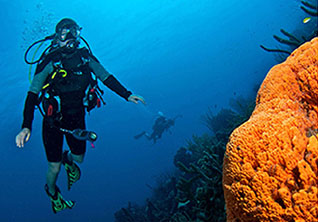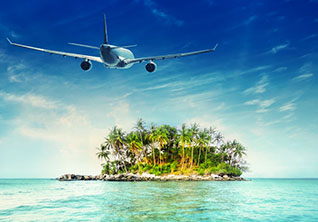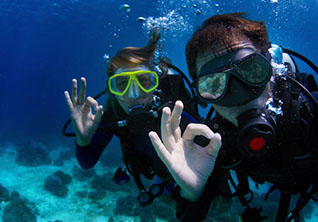Scuba diving is a lifestyle and as avid divers we maintain a healthy lifestyle in order to be able to keep our fins intact. Diver medical problems are (thankfully) uncommon but it is still a very important topic we wanted to cover. Here's a bit of info and tips you may or may not know about Scuba Diving Safety from FamilyDoctor.org.
While there are millions of dives each year in the US, there are less than 100 deaths reported each year worldwide. In addition, fewer than 1,000 divers worldwide require recompression therapy to treat severe dive-related health problems.
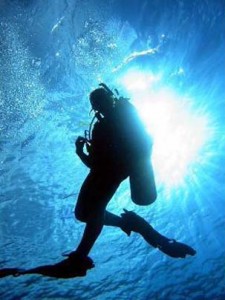
Most severe dive-related injuries and deaths happen in beginning divers. To be safe, always dive within the limits of your experience and level of training. Good rules to follow for safe diving include:
1. Never try a dive you're not comfortable with. During descent, you should gently equalize your ears and mask. At depth, never dive outside the parameters of the dive tables or your dive computer (information that helps you avoid decompression sickness).
2. Never hold your breath while ascending. You should always ascend slowly while breathing normally.
3. Become familiar with the underwater area and its dangers. Learn which fish, coral and other hazards to avoid so injuries do not occur. Be aware of local tides and currents.
4. Never panic under water. If you become confused or afraid during a dive, stop, try to relax and think the problem through. You can also get help from your dive buddy or dive master.
5. Never dive without a buddy.
6. Always plan your dive; then always dive your plan.
7. Be sure that your diving equipment can handle the dive you have planned and that the equipment is working well.
8. Don't drink alcohol before diving.
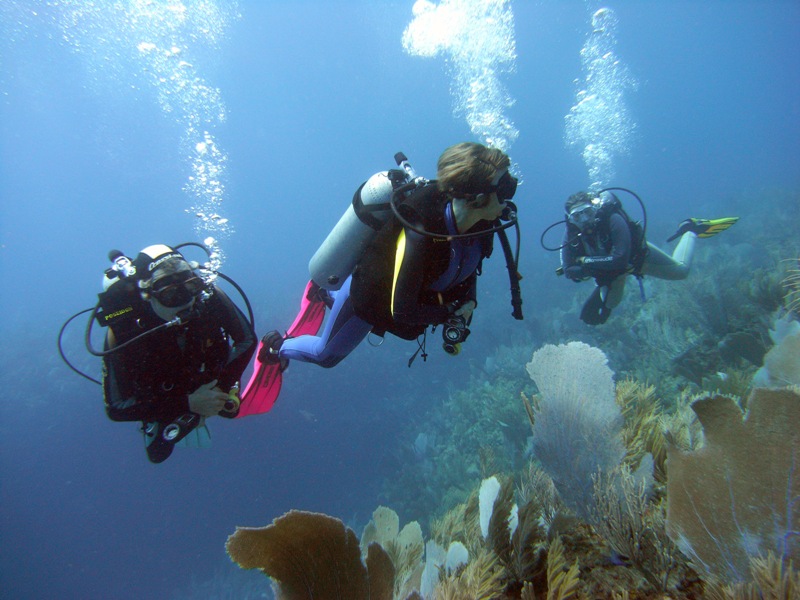
10. Diving can be dangerous if you have certain medical problems. Ask your doctor how diving may affect your health.
11. Cave diving is dangerous and should only be attempted by divers with proper training and equipment.
12. If you don't feel good or if you are in pain after diving, go to the nearest emergency room immediately.
13. Don't fly for 12 hours after a no-decompression dive, even in a pressurized airplane. If your dive required decompression stops, don't fly for at least 24 hours.
For more information on Diver Wellness read the full article here.
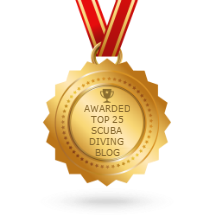
Recent Posts
- Finding the Right Dive Resort For Your Vacation
- Luxury Dive Resorts That Offer Unforgettable Experiences
- Eastern Malaysia, Sabah, Sipadan & More
- Ghost Pipefish, Pipefish, Seahorses, and Sea Dragons
- Australia Queensland and the Great Barrier Reef
- Tioman Islands, Malaysia
- The Riviera Maya
- The Peter Diving System
- The Bay Islands, Roatan, Utila, Guanaja, and more.
- The Cuttlefish; The Undisputed Master of Camouflage.
Categories
- Australia
- Bahamas
- Bay Islands
- Belize
- Blue Hole
- Bonaire Diving
- Borneo
- Cayman Brac
- Cayman Islands
- Cozumel
- Curacao
- Cuttlefish
- Dive Destinations
- Dive Equipment
- Dive Liveaboards
- Dive Resorts / Properties
- Dive Travel
- Dive Travel Deals
- Diver Wellness
- Dolphins
- Dominica
- eagle rays
- Eagle Rays
- Family Travel
- Fiji
- Galapagos Islands
- Great White Shark cage diving
- Guanaja
- Honduras
- Indonesia
- Infographics
- Isla Mujeres
- Learning to Dive
- Little Cayman
- Maduro Dive Newsletter
- Malaysia
- Maldives
- Manta Rays
- Marine Life
- Mexico
- Micronesia
- Muck Diving
- Myamar
- Palau
- Papua New Guinea
- Pelagics
- Philippines
- Pinnacles
- Polynesia
- Reefs
- Riviera Maya
- Roatan
- Saba
- Sabah
- Scuba Diving
- Scuba Gear Reviews
- Scuba News/Events
- Scuba Training & Education
- Sea Legends
- sea lions
- Sea of Cortez
- Sharks
- Single Travel
- Sipadan
- Socorro Islands
- South Africa
- Specialties
- ST. Kitts
- Stingrays
- Tahiti
- Thailand
- The Bucket List
- Tobago
- Truk Lagoon (Chuuk)
- Turks and Caicos Islands
- Turtles
- Uncategorized
- Underwater Photography
- Underwater Video
- Utila
- Walls
- Whale Sharks
- Whales
- Wreck Diving
- Wrecks
- Yap
Archives
- June 2025
- January 2024
- April 2023
- March 2020
- March 2019
- January 2019
- November 2018
- September 2018
- July 2018
- May 2018
- March 2018
- January 2018
- October 2017
- September 2017
- June 2017
- April 2017
- February 2017
- January 2017
- October 2016
- August 2016
- July 2016
- May 2016
- March 2016
- February 2016
- January 2016
- December 2015
- August 2015
- June 2015
- April 2015
- January 2015
- November 2014
- July 2014
- April 2014
- February 2014
- December 2013
- November 2013
- October 2013
- September 2013
- August 2013
- July 2013
- June 2013
- May 2013
- April 2013
- March 2013
- February 2013
- January 2013
- December 2012
- November 2012
- October 2012
- September 2012
- August 2012
- July 2012
- June 2012
- May 2012
- April 2012


